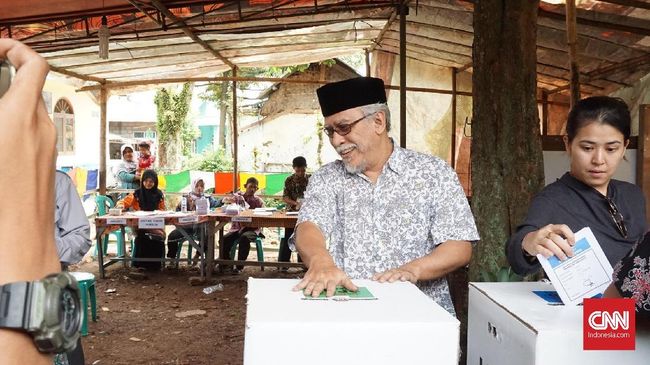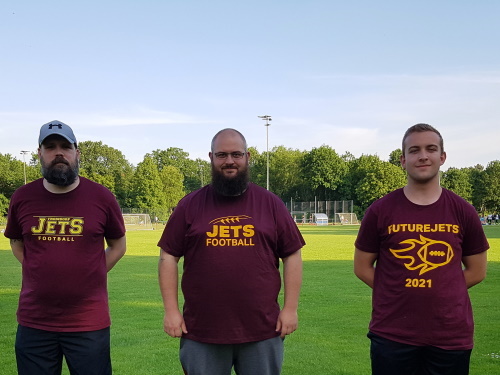A series of eight talks between the sociologist Daniel Feierstein and the journalist Quique Pesoa on genocidal processes, their contexts and their effects produced by the Center for Studies on Genocide of the National University of Tres de Febrero (CEG-UNTREF) will be released in podcast since June 18 on YouTube and Spotify platforms.
Through a statement, the CEG-UNTREF reported that from that date one episode per week will be released every Friday, starting at 11 am.
It was also reported that the series has three fundamental axes: that genocide is a social practice and a technology of power; that genocide seeks, through terror, to transform the identity of all the people on which it is applied; and that genocide involves forms of material destruction, it leaves marks on the identity and behaviors of those who survive the experience.
The podcast series opens with the chapter entitled What is genocide ?, and addresses the question what is a genocidal process, what does its logic consist of, and why can it be thought of as a technology of power?
The second episode, When does a genocide begin and when does it end ?, records the different stages focusing on understanding its unfolding in time and how they exceed the period of slaughter, both in previous and later ways.
In the third chapter entitled How does the terror of genocide work and what is its functionality? It will be emphasized how genocides are repeated and perfected over time.
What kind of memories are made about the genocides? It will be the fourth episode, in which the fact that the memory of the genocidal processes is not played exclusively in remembering them but in understanding which modes of memory produce different consequences in identity processes will be established.
The importance of judicial processes will be taken up again in the fifth chapter: How were the genocidaires judged in different historical experiences?
In the second-to-last chapter, How was the discourse of Human Rights itself co-opted to be used as a tool of power? It will reflect on how popular movements leave a space for power groups to colonize their discourse and on the justification of interventionism. on the part of the States under the assumption of protecting the rights of a population in the figure of the “responsibility to protect”.
In the final episode, Feierstein and Pesoa will discuss the role of discourse and non-verbal markings, the importance of gesture and transmission without symbolization, and the challenge of putting one’s experiences into words.
The podcast is the result of a Scientific and Technological Research Project (PICT) that the CEG presented to the Ministry of Science and Technology (MINCyT) and aims to account for genocidal processes and contribute to the development of studies on the matter .
The chapters can be heard on YouTube (ENTER HERE) and Spotify (ENTER HERE).
DO YOU WANT TO RECEIVE FREE NEWS FROM YOUR NEIGHBORHOOD THROUGH WHATSAPP – Here’s how
–


